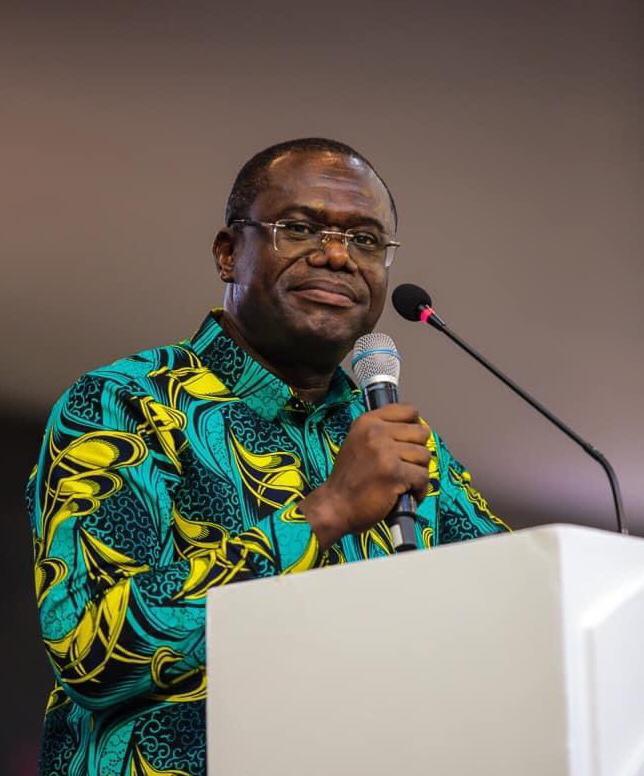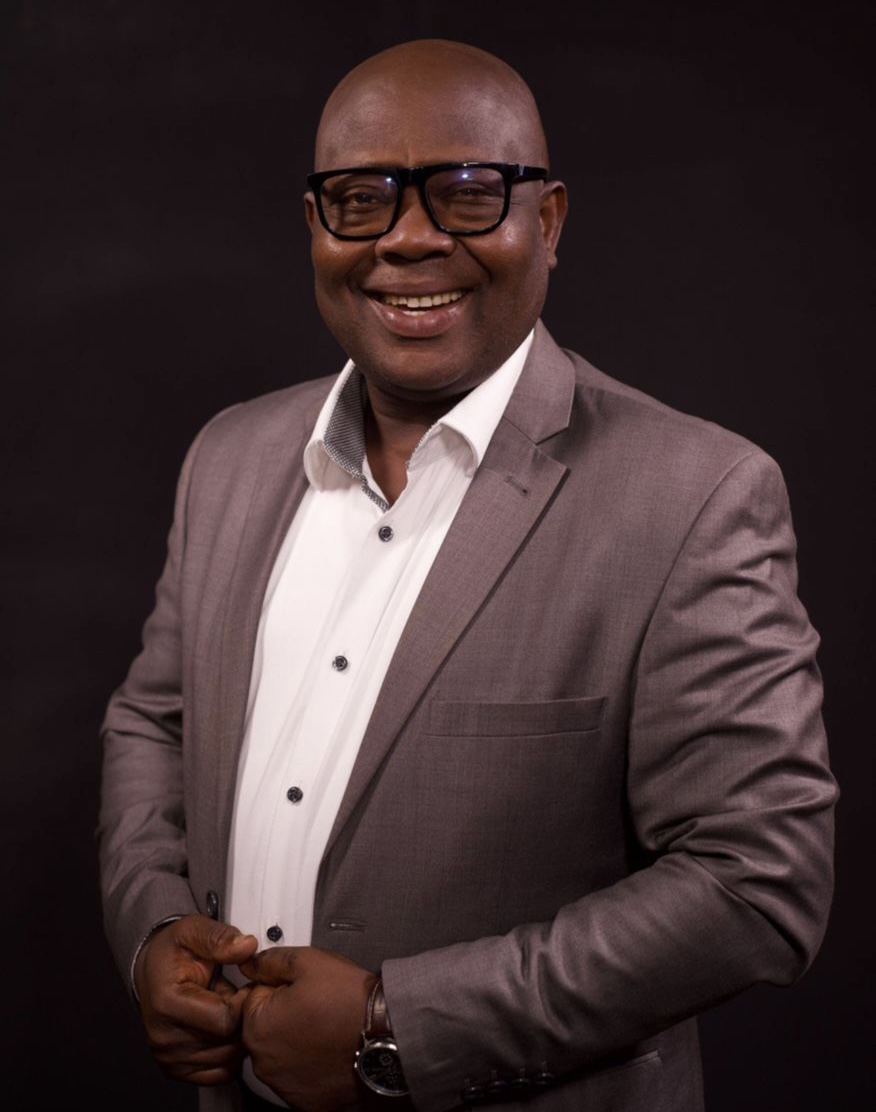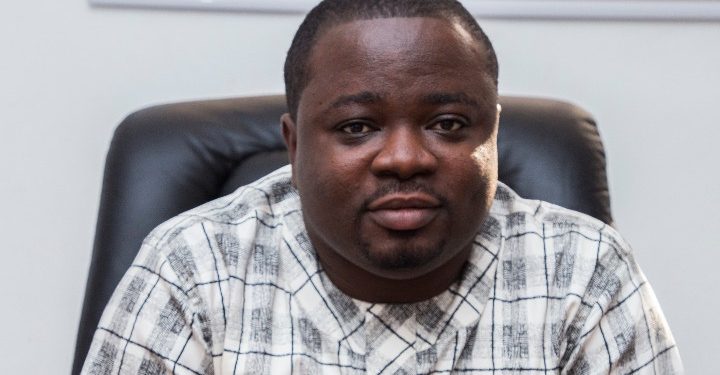In Ghana’s expanding private sector, few names inspire as much respect, and controversy, as Dr. Joseph Siaw Agyepong, Founder and Executive Chairman of the Jospong Group of Companies.
His work, particularly through Zoomlion Ghana Limited, has shaped the nation’s waste management and environmental sustainability agenda for nearly two decades.
Yet his story is as much about innovation and purpose as it is about the politics of success and the high cost of national forgetfulness.
“Leadership is not about perfection, it’s about purpose. It’s about imperfect men who still choose to make perfect contributions to their nation’s destiny.”
— Nana Kofi Barfour
The Story
In conversations about Ghana’s development, one name echoes quietly yet powerfully: Dr. Joseph Siaw Agyepong.
From running a small printing press in Accra to leading one of Africa’s most diversified conglomerates, his journey is a blueprint of resilience, faith, and purposeful entrepreneurship.
His rise is not just a personal triumph; it illustrates how business innovation can transform a nation.
At the centre of this story is Zoomlion Ghana Limited, the sanitation powerhouse that shifted waste management from a civic afterthought to a structured, technology-driven industry.
Through Zoomlion, Dr. Agyepong redefined environmental sustainability in Ghana, creating jobs, raising public awareness, and modernizing national waste systems.
But his vision extends far beyond Ghana’s borders. Through the Jospong Group of Companies, he has built operations in more than ten African countries, including Zoomlion Liberia, Zoomlion Togo, Zoomlion Sierra Leone, Zoomlion Zambia, and Zoomlion Angola.
The group also oversees Jospong Engineering and Manufacturing Limited, AH Hotel and Conference Centre, Atlantic Waste Recycling Limited, and the Accra Compost and Recycling Plant (ACARP), among others.
Each venture reflects a broader ambition: building a pan-African model of sustainable enterprise rooted in local innovation, youth employment, and environmental responsibility.
Yet behind the corporate achievements stands a man, human, imperfect, but steadfast in his belief that Africa must build its own greatness.
His life remains a powerful argument that purpose, not privilege, is the true foundation of impact.
The Impact
Under Dr. Agyepong’s leadership, Zoomlion has grown into a national and continental force. Today, it sustains more than 300,000 direct and indirect jobs, many of them held by youth and women, while its international subsidiaries employ thousands more across West and Southern Africa.
Across Liberia, Togo, Zambia, and Sierra Leone, Zoomlion has introduced modern waste management systems, mechanized street cleaning, and recycling programs, partnering with governments to address pressing environmental challenges.
These interventions have improved sanitation, created jobs, and inspired new municipal models across the region.
Within Ghana, Zoomlion has reshaped public consciousness around sanitation, hygiene, and civic duty.
Its sweeping programs, plastic recycling plants, and waste-to-energy facilities continue to strengthen urban management and improve health outcomes.
Through the Jospong Group, Dr. Agyepong’s work aligns strongly with the UN Sustainable Development Goals (SDGs), particularly SDG 6 (Clean Water and Sanitation), SDG 8 (Decent Work and Economic Growth), and SDG 11 (Sustainable Cities and Communities).
The group’s Corporate Social Responsibility (CSR) programs further complement this mission, supporting education, promoting sanitation awareness, and donating essential materials to schools, hospitals, and local authorities.
“Entrepreneurship, when guided by conscience, becomes a force for renewal.”
The Challenges
Before Zoomlion’s establishment in 2006, Ghana’s sanitation landscape was in crisis. Waste collection was largely informal, dominated by unregulated operators and overstretched local assemblies.
Major cities such as Accra, Kumasi, and Takoradi grappled with mounting refuse, clogged drains, open dumping, groundwater contamination, and recurring cholera outbreaks.
Zoomlion emerged into this vacuum, bringing structure, equipment, mechanization, and nationwide waste collection systems.
Working alongside local authorities, the company helped reduce disease outbreaks, clean urban centres, and elevate Ghana’s environmental image.
However, success brought scrutiny. Over the years, critics have questioned aspects of the company’s government contracts.
In 2023, the Youth Employment Agency (YEA) chose not to renew its long-standing sanitation module with Zoomlion.
Officially, this decision was framed as “policy restructuring” aimed at decentralizing sanitation management. But many industry observers view it as politically motivated, another example of what some insiders describe as a “business coup d’état.”
For years, the YEA module had been among Ghana’s most effective youth employment schemes, engaging tens of thousands of young people while improving sanitation nationwide. Its abrupt termination disrupted livelihoods and weakened municipal waste management capacity.
The results are visible, mounting refuse, clogged gutters, and sanitation setbacks in major urban areas, threatening to reverse years of environmental progress.
Beyond the environmental cost lies an economic one.
The removal of a major private sector partner from public sanitation programs undermines investor confidence in Ghana’s public–private partnership (PPP) framework.
When successful indigenous companies become casualties of political realignment, the entire economy absorbs the damage.
“When politics begins to define which businesses deserve support, national progress becomes collateral damage.”
Still, Dr. Agyepong remains focused on innovation, waste-to-energy solutions, new recycling initiatives, and continental expansion.
His resilience illustrates that true vision endures, even through shifting political winds.
Reflective Thoughts
Dr. Joseph Siaw Agyepong’s journey is not only a story of entrepreneurial achievement; it is a narrative of perseverance, faith, and transformational impact.
His work has touched communities, empowered thousands, and positioned Ghana as a leader in environmental innovation.
“In a nation hungry for change, why do we often tear down those who build?”
“How can we pursue sustainable development while undermining the enterprises that make it possible?”
“Should political transitions mean the death of national progress?”
Despite his human imperfections, Dr. Agyepong’s legacy remains one of service—a man who turned waste into wealth, challenges into opportunities, and vision into lasting impact.
Perhaps Ghana’s true challenge is not a shortage of visionaries but a shortage of recognition for them. Until the nation learns to celebrate its builders, progress will remain fragile, and greatness continually deferred.
Source: Myxyzonline.com





